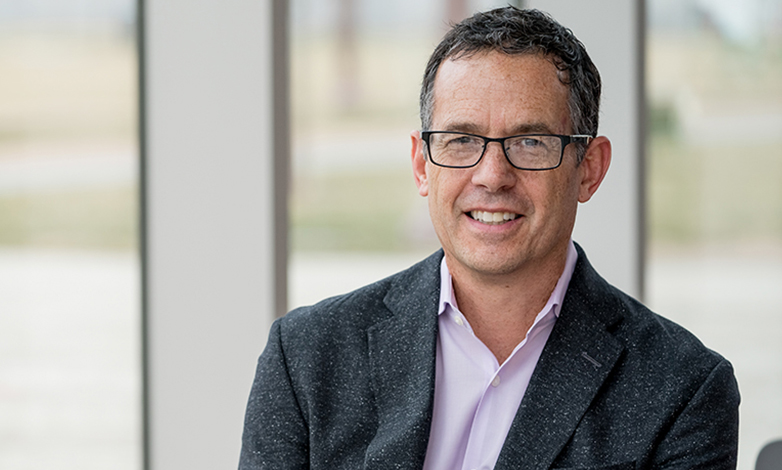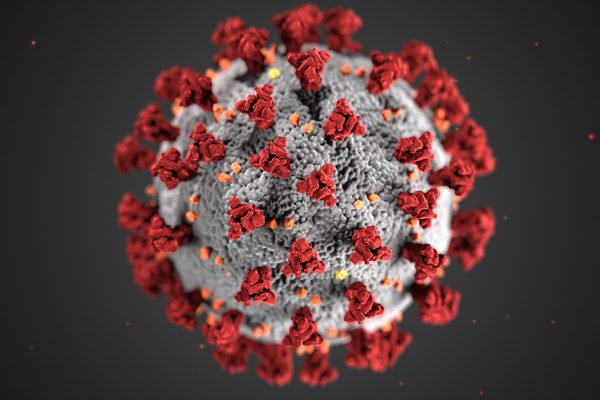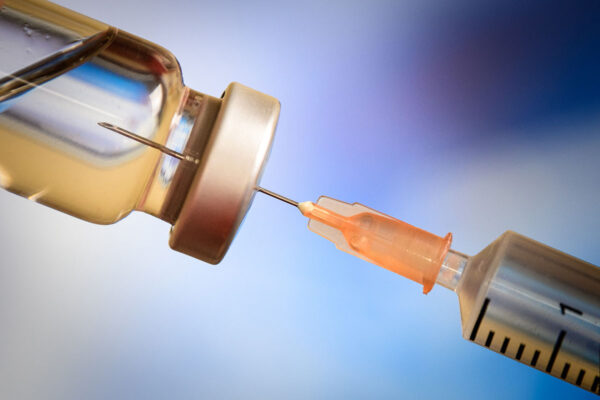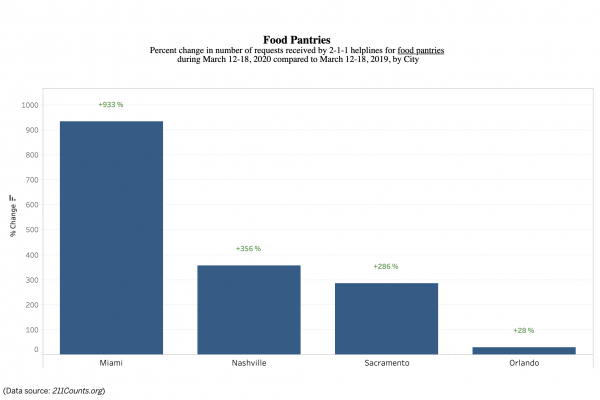Matthew Kreuter, the Kahn Family Professor of Public Health at the Brown School at Washington University in St. Louis, has received a one-year $1.4 million grant from National Institutes of Health’s Community Engagement Alliance (CEAL) Against COVID-19 Disparities. Funding was supported by the American Rescue Plan.
The grant, which will help to increase COVID-19 vaccinations among Black residents in St. Louis City and County, has a number of partners, including the St. Louis City Department of Health, St. Louis County Department of Health, St. Louis COVID-19 Regional Response Team, United Way, Home State Health/Centene, 211, and Washington University’s Brown School, School of Medicine and Sam Fox School of Design & Visual Arts.
“COVID-19 has impacted the Black community in St. Louis unequally in nearly all ways — sickness, death and financial strain,” Kreuter said. “We must do everything possible to avoid the same gaps when it comes to the protection of vaccinations. Every organization in St. Louis can contribute in some way.”

The grant has four aims:
- Activate early adopters as vaccine ambassadors. “We will recruit 1,000 Black vaccine recipients from the post-vaccination waiting area at vaccination events to serve as ambassadors, distributing ‘Golden Tickets’ to unvaccinated contacts in their social network, entitling the holder to a personal vaccine assistant and fast, simple reservations,” Kreuter said.
- Engage vaccine-hesitant people through outreach by community organizations. “We will offer 200 health and human service agencies interventions and implementation support to engage their Black clients around vaccination with information, assistance and referrals,” he said.
- Monitor and counter misinformation about COVID-19 vaccination. “We will establish and evaluate a St. Louis surveillance and response system for COVID-19 vaccination misinformation,” he said “Panels of 200 Black residents and 50 frontline workers will respond to twice-weekly mobile phone surveys identifying misinformation; tracking and responses will be shared widely.”
- Increase COVID-related research participation among Black people. “We will establish a single point-of-contact information hub for COVID-19 prevention, vaccination and therapeutic trials, and evaluate efforts to encourage the Black community to use it,” Kreuter said. “Outreach strategies include those in Aims 1-3, plus targeted ads, community events, partnership networks and navigation.”
Kreuter and several of the same partners were also awarded a one-year $500,000 grant from the Centers for Disease Control and Prevention as part of the university’s Prevention Research Center.
The second grant has three aims:
- Matching outreach strategies to priority populations. “As more and more St. Louisans get vaccinated, we will need to work even harder to reach and vaccinate the holdouts, and we need more information about what works for whom,” Kreuter said.
- Understanding how COVID-19 experiences shape vaccine hesitancy. “Generally, people who have been personally affected by the pandemic are most likely to want the vaccine, but that’s not so true among the Black community. We need to know why.”
- Linking people to services that support vaccination. “Services like transportation to a vaccine site are widely available but seldom used in St. Louis. We will establish a service hub to make it as easy as possible.”



